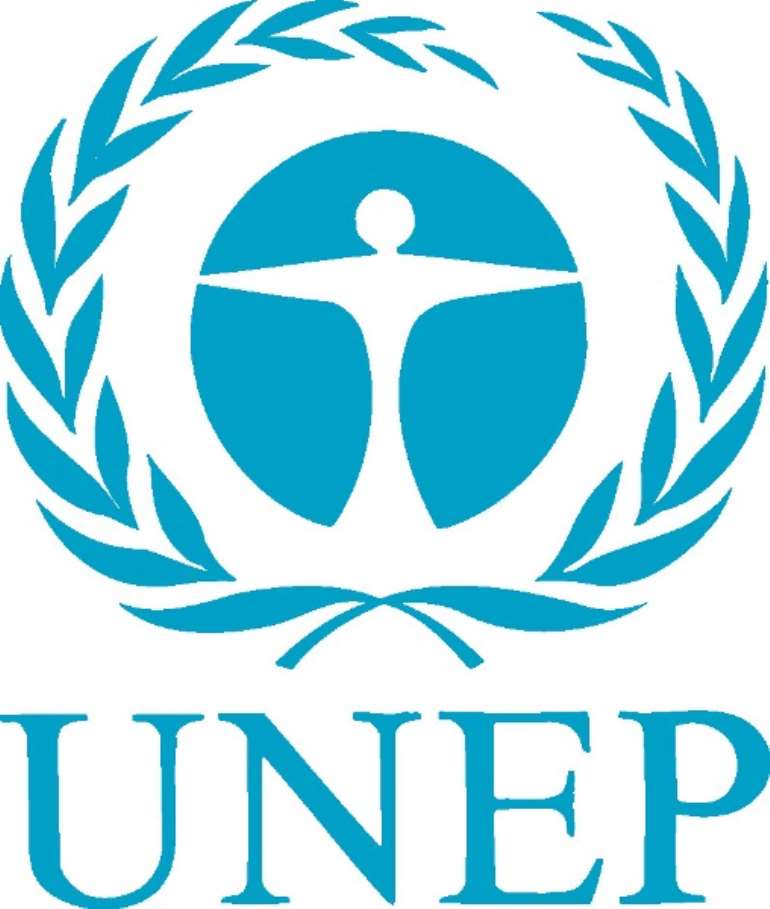Countries agree to cooperate to end the illegal trapping of protected bird species in Egypt and Libya / International Coordination Meeting Agrees on Plan of Action to Address the Issue of Bird Trapping Along the Mediterranean Coasts of Egypt and Libya

BONN, Germany, December 5, 2013/African Press Organization (APO)/ -- The Government of Egypt, in cooperation with Germany, Switzerland and other partners, has pledged to assess and further address the issue of unregulated hunting and bird netting practices along the Mediterranean coast of Egypt.
The agreement came as top-level officials from those countries joined representatives from the Convention on Migratory Species (CMS) and its relevant Agreements, NGOs and key wildlife experts at a one-day meeting at the UN Campus in Bonn, Germany on 29 November.
The meeting, organized and facilitated by the UNEP-administered Secretariat of the African-Eurasian Migratory Waterbird Agreement (AEWA) and sponsored by the Government of Germany, sought to take stock of available data on the issue of bird netting.
It resulted in a Plan of Action agreed by all stakeholders, which aims to ensure that the practice of bird trapping in Egypt and Libya is both sustainable and legal, and calls for efforts to better understand current trends in hunting and trapping.
Egyptian Minister of Environment, Laila Iskandar, said, "The Egyptian Government is working towards strengthening the enforcement of domestic laws which limit hunting and stipulate specifications for the nets so as to leave openings for bird species to complete their migration cycle. At the same time, Egypt welcomes cooperation with international partners to improve and strengthen enforcement and further assessments."
“The Egyptian Government, in cooperation with its Swiss counterpart, is currently carrying out a study to fill in gaps in current data. The problem of hunting birds has other socio-economic dimensions and we need to work with local communities to find alternative livelihood activities for those who have traditionally relied on bird hunting as a source of income," she added.
The hunting and trapping of migratory birds in Egypt and Libya – in particular through the use of mist nets along vast stretches of the Mediterranean coast – have become issues of growing public concern in a number of countries. Despite the presence of a number of regulatory frameworks, the challenge lies in the proper enforcement of these regulations.
The agreed Plan of Action includes four main objectives, ranging from increasing knowledge on the scale, impact, socio-economic and legal aspects of bird trapping, to ensuring that effective legislation and regulations are in place and being adequately enforced.
The plan also includes elements on building capacity of local Government, NGOs and local communities to effectively address the bird trapping issue as well as to increase awareness and promote bird conservation in both countries and internationally.
“The action points which were identified in Bonn are targeted and clear”, said CMS Executive Secretary Bradnee Chambers. “We now have a strong basis for effective and coordinated actions on the ground in the months and years to come.”
He added: “The agreement of the Plan of Action is a sterling example of collaboration between diverse partners under the auspices of an environmental convention. It proves that we can work together in a way that not only brings together the efforts of stakeholders, but actually amplifies them.”
Quail catching in Egypt is a traditional form of hunting that takes place during the autumn season every year. Under the Egyptian law, licenses are issued to local communities to catch quail. In recent years, however, the number of quail around the world has been seen to decline due to hunting and a number of other factors – including pollution, habitat destruction, poisoning and climate change.
While quails themselves are not endangered, their hunting frequently results in the bycatch of many more non-huntable and protected species.
The Nature and Biodiversity Conservation Union (NABU), a German environmental NGO, recently helped to raise awareness of the issue of illegal and indiscriminate trapping through a petition of 115,000 signatures. NABU has also made a commitment to continue to support and implement the agreed Plan of Action with part of the funds it raised in the recent campaign.
--
For more information: www.unep-aewa.org/press/
